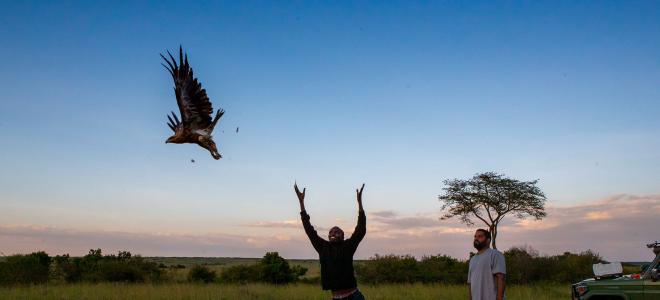To effectively protect raptors, information is needed about their habitat requirements, conflict with humans and causes of death, migratory and foraging movements, and important areas during breeding and non-breeding seasons. Also, we need to be able to rapidly track down mortalities, such as when a vulture is poisoned, so we can prevent more deaths from poisoned bait. When a raptor is rehabilitated back to the wild, we need to check its whereabouts after release, to know whether the bird is doing well and whether it starts breeding again. Current GPS-GSM trackers allow us to track vultures and eagles with a greater spatial resolution than ever before, providing unprecedented insight into their movements on a daily basis- and allowing us to answer all of the above questions.
Our Impact: 140 raptors tagged since 2013, 14 rehabilitated raptors tracked
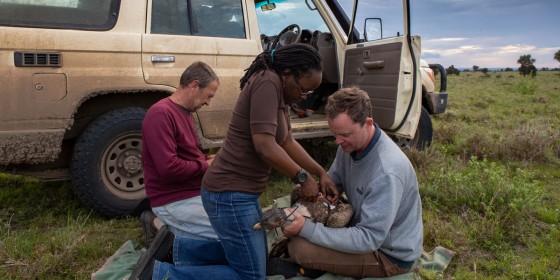
Ralph Buij
Africa's Raptors are in Crisis
Our Solutions
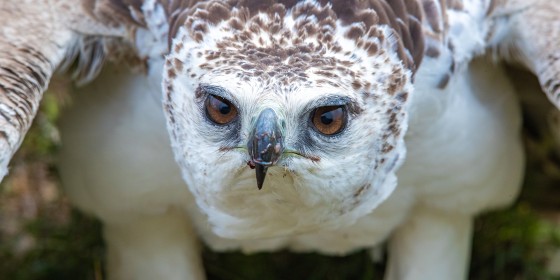
Ralph Buij
Our Solutions
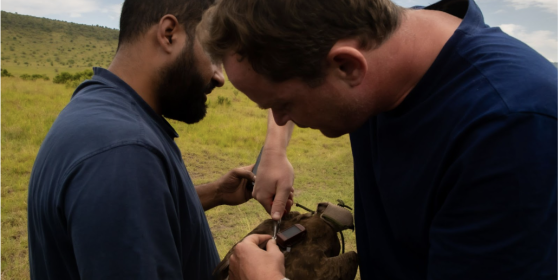
Ralph Buij
Our Solutions
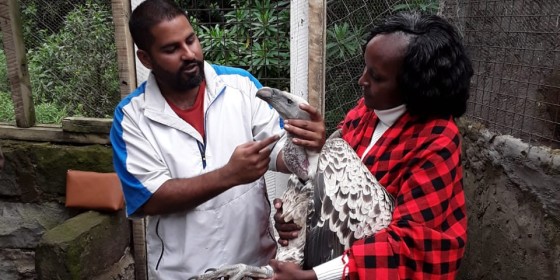
Ralph Buij
Our Solutions
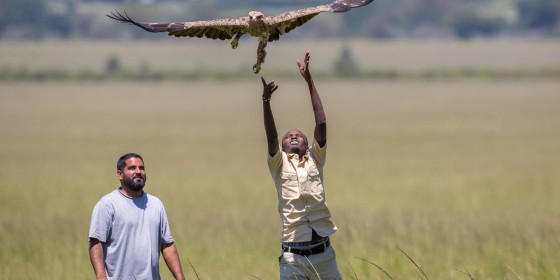
Ralph Buij
Our Solutions
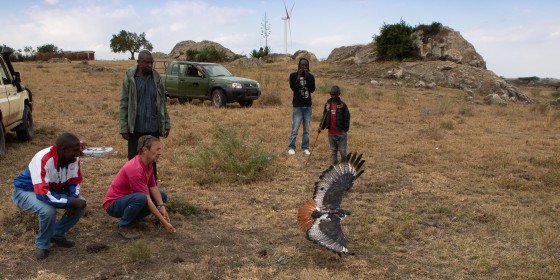
Ralph Buij
